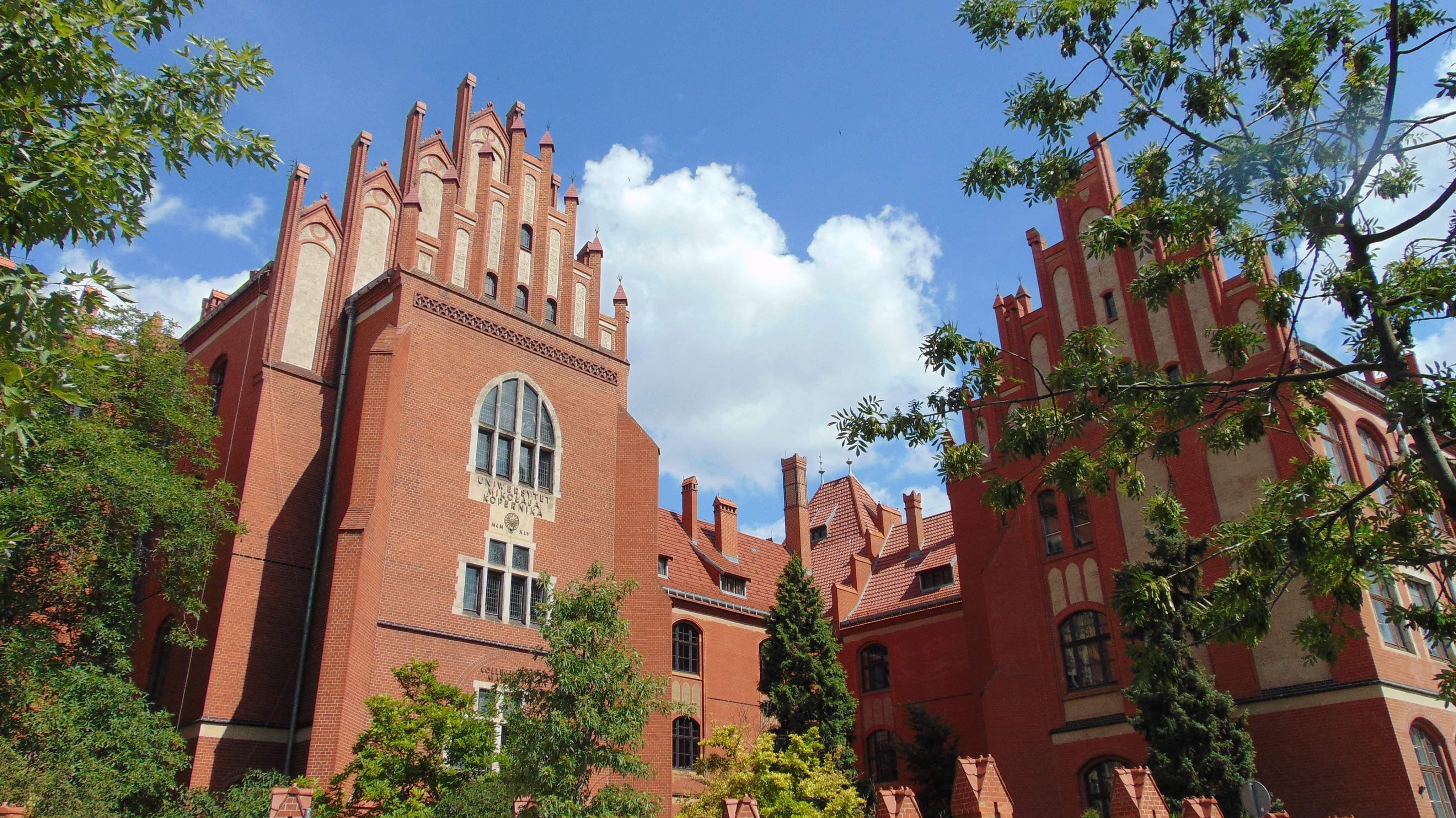Main page
Millennium. Celebrating the anniversary of the baptism of Eastern and Central Europe – comparative analysis
The purpose of the planned research project is to sketch out a short cultural history of the millennial celebrations in Czechoslovakia (1929), Poland (1966), Yugoslavia (1970s/1980s) and the USSR (1988). The project shall fill significant gaps in the literature on twentieth-century Central and Eastern European history which, aside from a handful of scattered studies (written from a national or state perspective and being far from exhaustive), has not taken up the subject from a comparative perspective. This is all the more surprising since the events in question were mass-scale, culture-informing and played an important role in the reconstruction of collective identities, in addition to being concentrated in one part of Europe. The aim of the project is to situate the millennial celebrations within a broad theoretical perspective, including that of culture studies (especially visual studies, which have not been applied in investigating the subject so far) and historical studies (including an analysis of archival materials and contemporary publications). The project will reflect on the reasons for organising national and religious commemorations, the role that these played for the societies of different countries, the religious and nonreligious factors bearing on the festivities, and the historical and ideological debates sparked by the events (i.a. the inclusion of the millennial celebrations within the framework of the dispute on the significance of Czech history in Czechoslovakia; the alternative celebrations of 1000 years of Polish statehood organised by the communist party in Poland versus the Church commemorations of the thousandth anniversary of the baptism of Poland; the struggle for the primacy of Western or Eastern Christianity between the Croats and Serbs in Yugoslavia; the dispute concerning the continuation of the Kievan Rus tradition between Russia and the Ukraine within the USSR). Archival and library research will make it possible to collect written materials (state, Catholic and Orthodox, and party materials such as flyers, propaganda, Church materials, special publications, etc., most of which have not been examined so far), visuals (photographs, posters, television programmes and newsreels, but also visual references to the past used during the celebrations, e.g. medieval warrior and knight costumes, etc., heraldry, religious symbols etc.) and sound (radio broadcasts). These will be used to analyse and interpret the millennial celebrations in different countries. The materials and findings will be presented in the form of an English-language monograph and a series of academic articles, contributing to a deeper understanding of a subject of special importance from the Eastern and Central European perspective, but also of its political, social and cultural context.

